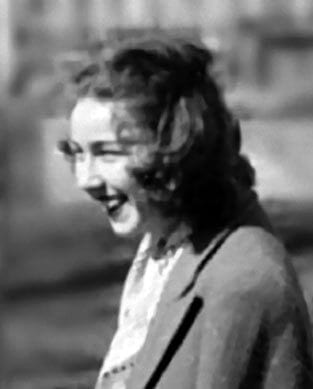
Flannery O’Connor Quotes
An American writer particularly acclaimed for her stories that combined sardonic humor with tragic brutality, Flannery O’Connor was born in Savannah, Georgia, the only child of a Catholic family. Along with authors like Eudora Welty and Carson McCullers, O’Connor belonged to the Southern Gothic tradition that focused on the decaying south. And in the vein of William Faulkner, she often wrote in a ‘Southern Gothic’ style that that relied on grotesque and morally flawed characters, most commonly fundamentalist Protestants, who then undergo transformations of character in the pursuit of the holy. She remarked, however that “anything that comes out of the South is going to be called grotesque by the northern reader, unless it is grotesque, in which case it is going to be called realistic.” However grotesque the setting, she tried to portray her characters as they might be touched by divine grace. O’Connor wrote: “Grace changes us and change is painful.” Her body of work was small, consisting of only thirty-one stories, two novels, and some speeches and letters.
In 1951 she was diagnosed with lupus and moved to her ancestral farm. Fascinated by birds of all kinds, she raised peacocks, ducks, hens, geese, and many other kinds of exotic birds until her death in 1964. O’Connor often incorporated images of peacocks into her stories.
Image: Photo of Flannery O’Connor, novelist and short story writer
“Everywhere I go, I’m asked if I think the universities stifle writers. My opinion is that they don’t stifle enough of them. There’s many a best seller that could have been prevented by a good teacher.”
“Conviction without experience makes for harshness.”
“To expect too much is to have a sentimental view of life and this is a softness that ends in bitterness.”
“When you can assume that your audience holds the same beliefs as you do, you can relax a little and use more normal means of talking to it; when you have to assume that it does not, then you have to make your vision apparent by shock, to the hard of hearing you shout, and for the almost-blind, you draw large and startling figures.”
“The writer operates at a peculiar crossroads where time and place and eternity somehow meet. His problem is to find that location.”
“I preach there are all kinds of truth, your truth and somebody else’s. But behind all of them there is only one truth and that is that there’s no truth.”
“The truth does not change according to our ability to stomach it.”
“A story isn’t any good unless it successfully resists paraphrase, unless it hangs on and expands in the mind.”
“In my own stories I have found that violence is strangely capable of returning my characters to reality and preparing them to accept their moment of grace . . . With the serious writer, violence is never an end in itself.”
– Flannery O’Connor (1925-1964)
